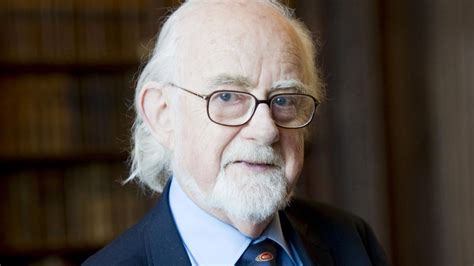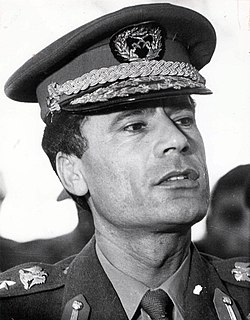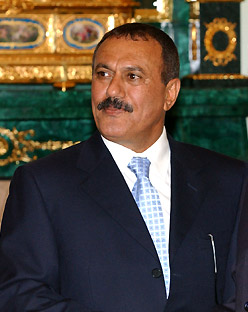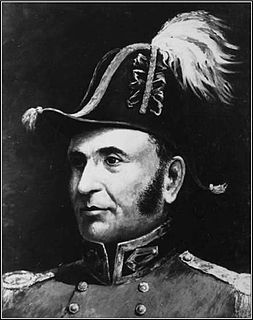A Quote by Ralph Hasenhuttl
Every opposition needs to be played in a different way and the formation depends on the opposition's strengths.
Quote Topics
Related Quotes
The argument culture urges us to approach the world-and the people in it-in an adversarial frame of mind. It rests on the assumption that opposition is the best way to get anything done: Conflict and opposition are as necessary as cooperation and agreement, but the scale is off balance, with conflict and opposition over-weighted.
It's a very erroneous strategy to try to push the Russian opposition to unite. First of all, the opposition is addressing different parts of Russian society that have differing points of view. And besides, a united opposition is a nice big target that the authorities have a much easier time fighting. And besides, resisting an authoritarian regime with an authoritarian opposition merely means that, in the event of victory, you're just doing yet another round of the same old, same old.
An opposition is necessary and desirable for the healthy development of any country. You can scarcely find anyone in opposition, except for the communists, just like in Yeltsin's times. It is regrettable that there is still no constructive, clear and large-scale opposition in Russia. The growth and development of an opposition, as well as the maturing of other democratic institutions, will take more time and experience.
Opposition can be useful. Every opposition movement is good and useful if it acts within the law... If there are people who act outside the law, then the state must use legal means to impose law in the interests of the majority. That's the way it's done in the U.S. and that's the way it's done in Russia.
Do you call the people in Los Angeles in the nineties - do you call them rebels or opposition ? They are rebels. They are not rebels even, they are beheading. This opposition, opposing country or government, by beheading ? By barbecuing heads ? By eating the hearts of your victim ? Is that opposition ? What do you call the people who attacked the two towers on the 11th of September ? Opposition ? Even if they're not Americans, I know this, but some of them I think have nationality - I think one of them has American nationality. Do you call him opposition or terrorist ?
There is not one style in particular that suits me. I think that every formation has its pros and cons. It's crucial to have a coach who understands your strengths and weaknesses. Obviously, I prefer to play up front, close to the opponents. That way I can make use of my strengths in one-on-one situations.





































